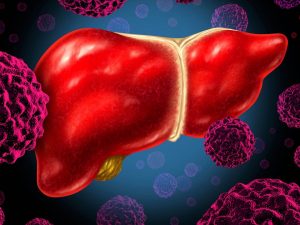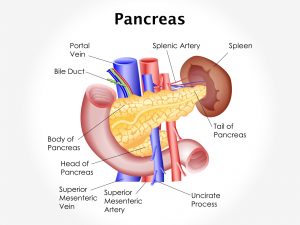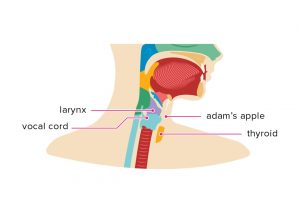Prediabetes is the grey area between normal and diabetic blood sugar levels. One is not in the territory of diabetes, but surely on the border. But don’t worry. You can easily make changes to your lifestyle and lower the risk of developing diabetes.
The buildup of sugar in blood above normal, due to the inability of the body to convert sugar in the form that is useable by body cells for energy, causes prediabetes.
Prediabetes is a warning sign that it’s time to make certain lifestyle changes to prevent diabetes. This condition is also referred as impaired fasting glucose (IFG). In this, the blood glucose levels are increased above the normal levels, but are not high enough to be called as diabetes mellitus.
If you have prediabetes, the long term damage of diabetes, especially to your heart and the circulatory system, might have already started.
Fortunately, prediabetes can be an opportunity for you to improve your health. By making lifestyle changes, like eating healthy foods, starting regular physical activity and maintaining healthy weight – you can bring your blood glucose levels to normal and delay or prevent the onset of diabetes.
How would I know that I may have prediabetes?
You are in a high risk group of type 2 diabetes if you have a family history of diabetes, you are older than 45 and have sedentary lifestyle.
You have health problems that are linked to prediabetes like you are overweight or obese; have high blood pressure, high cholesterol, heart problems or polycystic ovarian syndrome.
You have one or the other diabetic symptom like intense thirst, frequent urination, fatigue, blurred vision. You may also have no symptom in the prediabetic state.
You have newly developed strange dark patches on your skin of armpits, knuckles, behind the knees, elbows and on the neck.
You are deprived of much sleep. Research has shown that if you sleep for less than six hours at night on a regular basis, you may develop prediabetes in the future.
You may have prediabetes without displaying any of these signs. The best way to know is to ask your family physician for a simple fasting blood glucose test.
It’s a common misconception that eating sugar causes diabetes. The amount of sugar you eat over a lifetime doesn’t cause diabetes. It depends on your metabolism, genetics, weight management, diet and activity.
So, improve your lifestyle and eating habits not only to reduce your risk of having diabetes, but for making your life healthier overall.






























